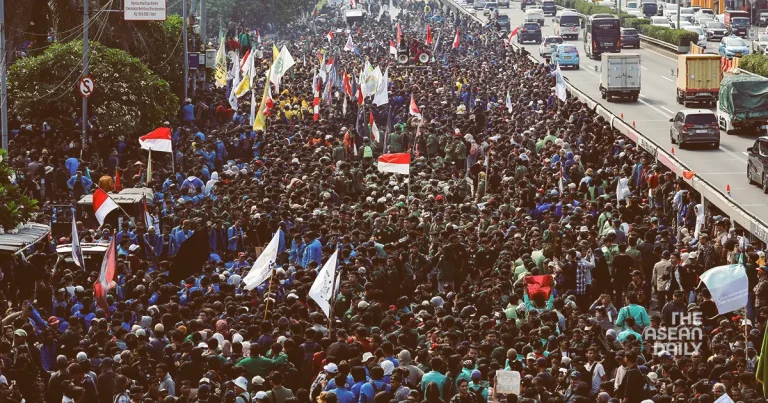30-8-2024 (JAKARTA) Indonesia is poised for a crucial democratic exercise as it prepares for nationwide local elections in November, a event that analysts believe could significantly shape the country’s political landscape and chart its course for the next five years.
Set for 27 November, these elections mark the first time Indonesians will simultaneously vote for local leaders across the archipelago, including 37 governors, 93 mayors, and 415 regents, along with their respective deputies. The only exception is Yogyakarta, where the Sultan traditionally governs.
The stakes are particularly high for President-elect Prabowo Subianto, who will take office on 20 October. The outcome of these local elections will be instrumental in determining the working relationship between his national government and regional administrations.
Dr Titi Anggraini, an election law expert from the University of Indonesia, emphasises the significance of these polls: “The national political elites are keenly interested in the results, as they will shape the direction of politics going forward.”
However, even before the first vote is cast, the election process has been mired in controversy. A recent attempt by parliamentarians to override a Constitutional Court ruling on age eligibility and electoral thresholds sparked widespread public outrage. The move was seen as an effort to allow President Joko Widodo’s 29-year-old son, Kaesang Pangarep, to contest, despite falling short of the 30-year age requirement for gubernatorial candidates.
This controversy echoes similar issues that surrounded February’s presidential election, where Widodo’s older son, Gibran Rakabuming Raka, was allowed to run as vice-presidential candidate following a controversial court ruling.
Dr Hari Fitrianto, a political analyst from Airlangga University, notes the parallels: “There’s a clear attempt to change the law, especially concerning the minimum age of candidates. The public perceives this as an effort to benefit President Widodo’s family.”
The elections are also seen as a test for the Advanced Indonesia Coalition, which successfully backed Prabowo and Gibran in the presidential race. Political parties may form different alliances at the regional level, adding another layer of complexity to the political landscape.
Java, Indonesia’s most populous island, is expected to be the key battleground, with Jakarta’s gubernatorial race attracting particular attention. The position is widely regarded as a stepping stone to the presidency, as exemplified by Widodo’s own political journey.
Other crucial contests include North Sumatra, where Widodo’s son-in-law, Bobby Nasution, is running for governor, and South Sulawesi. These races are seen as indicators of the outgoing president’s continued influence.
Dr Wasisto Raharjo Jati from Indonesia’s National Research and Innovation Agency (BRIN) highlights the significance of these regional battles: “This will be a political test to see whether the Jokowi effect still persists,” referring to Widodo by his popular nickname.
For Prabowo, the local elections represent his first major political challenge after taking office. The results will not only test the strength of his coalition but also impact his image both domestically and internationally.
“These elections will affect Prabowo’s credibility nationally and abroad,” Dr Anggraini explains. “He needs to convince the world that Indonesia’s democracy functions smoothly and is not regressing, especially given concerns about his military background and familial ties to the Suharto era.”




